Leveraging technology for less in landfills
These finalists of the Emerging Enterprise Sustainability Awards want to create solutions for a circular economy

[SINGAPORE] From sustainable fabrics to e-waste recycling, these five companies are creating new or improved solutions to longstanding sustainability challenges.
They are among the finalists of the Emerging Enterprise Sustainability Awards (EESA), launched in 2023 to recognise small and medium-sized enterprises driving growth in the green economy.
The EESA is part of the wider Emerging Enterprise Awards. Established in 2008, the awards recognise startups and young businesses across Singapore and Asia, providing resources to boost their growth.
This year’s awards are co-presented by The Business Times and OCBC, and supported by Mastercard; Rajah & Tann Asia; RSM Singapore; Agency for Science, Technology and Research; Enterprise Singapore; and Paia by CBRE.
Smart sorting for smooth recycling
Cornerstone Smart Recycling’s bins can segregate waste and track fill data
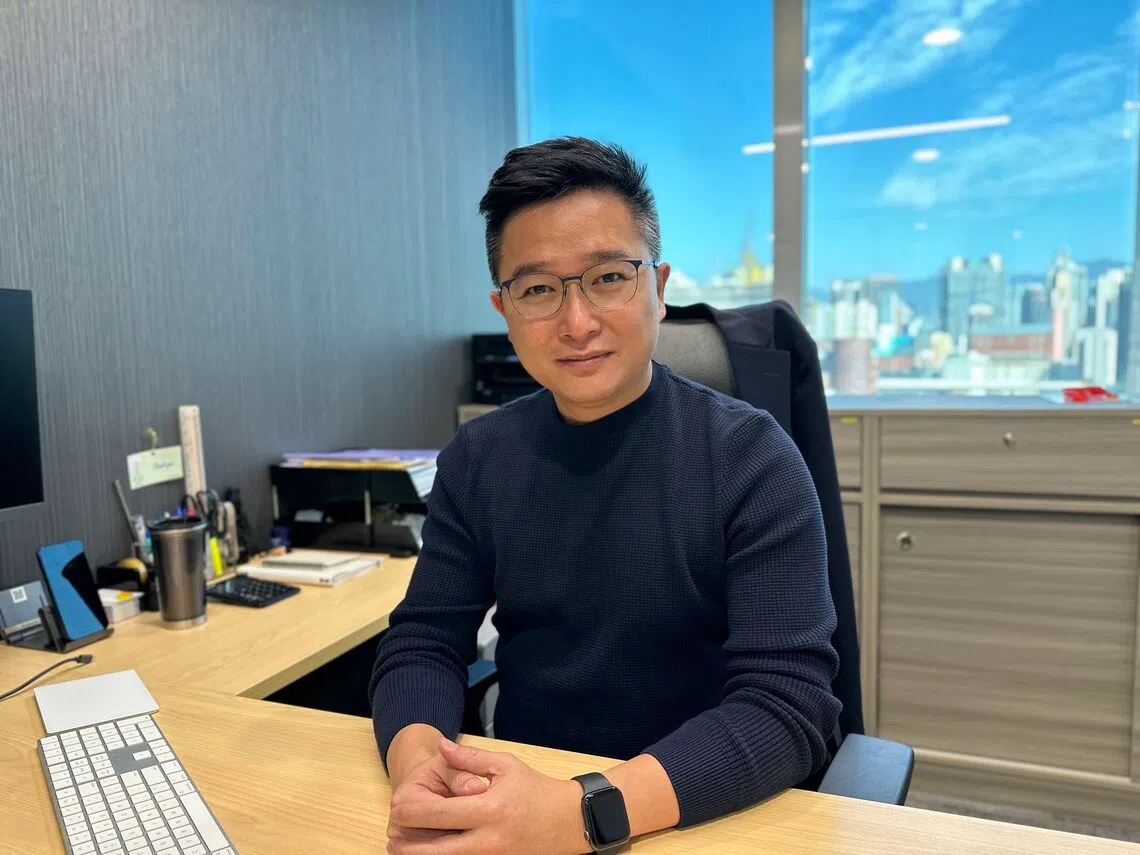
Through innovative sensor technologies and data-driven operations, Cornerstone Smart Recycling streamlines waste collection and recycling to empower individuals and businesses in Hong Kong and overseas to reduce their environmental footprint.
Navigate Asia in
a new global order
Get the insights delivered to your inbox.
Our waste management solutions divert significant volumes of waste from landfills, through efficient source segregation and advanced recycling systems.
With multiple models of Internet of Things-enabled smart recycling bins, we facilitate the collection of a broader range of recyclable materials.
Our reverse vending machines, for instance, feature automated sorting capabilities that enhance the quality and value of recovered materials.
Through multi-stream recycling and strategies to reduce contamination, we maximise material recovery and resource efficiency.
Our smart bins offer real-time data on sorting and fill levels, so that collection routes and reducing operational carbon footprint.
Our technology integrations include partnerships with third-party loyalty programs, enhancing user participation through incentives.
We have also pioneered high-capacity food waste processing and our systems can take in multiple types of recyclables, making our solutions adaptable and scalable for diverse urban environments.
Beyond technology, our platform connects communities directly with downstream recyclers so that collected materials can be recycled or upcycled into new, valuable products, supporting a circular economy.
We are expanding our presence across new markets in Asia, targeting urban centres with urgent waste management challenges. We also offer smart bin solutions for suburban areas and village houses.
Our long-term vision is to establish Cornerstone Smart Recycling as a global leader in sustainable waste management by continuously advancing technology, fostering community collaboration and driving measurable environmental impact worldwide.
In addition, we aim to expand vertically and develop in-house processing capabilities to become a full-cycle recycler.
Combining sustainability and social innovation
Daur Langkah Bersama (Pable) weaves communities and recycling together using technology
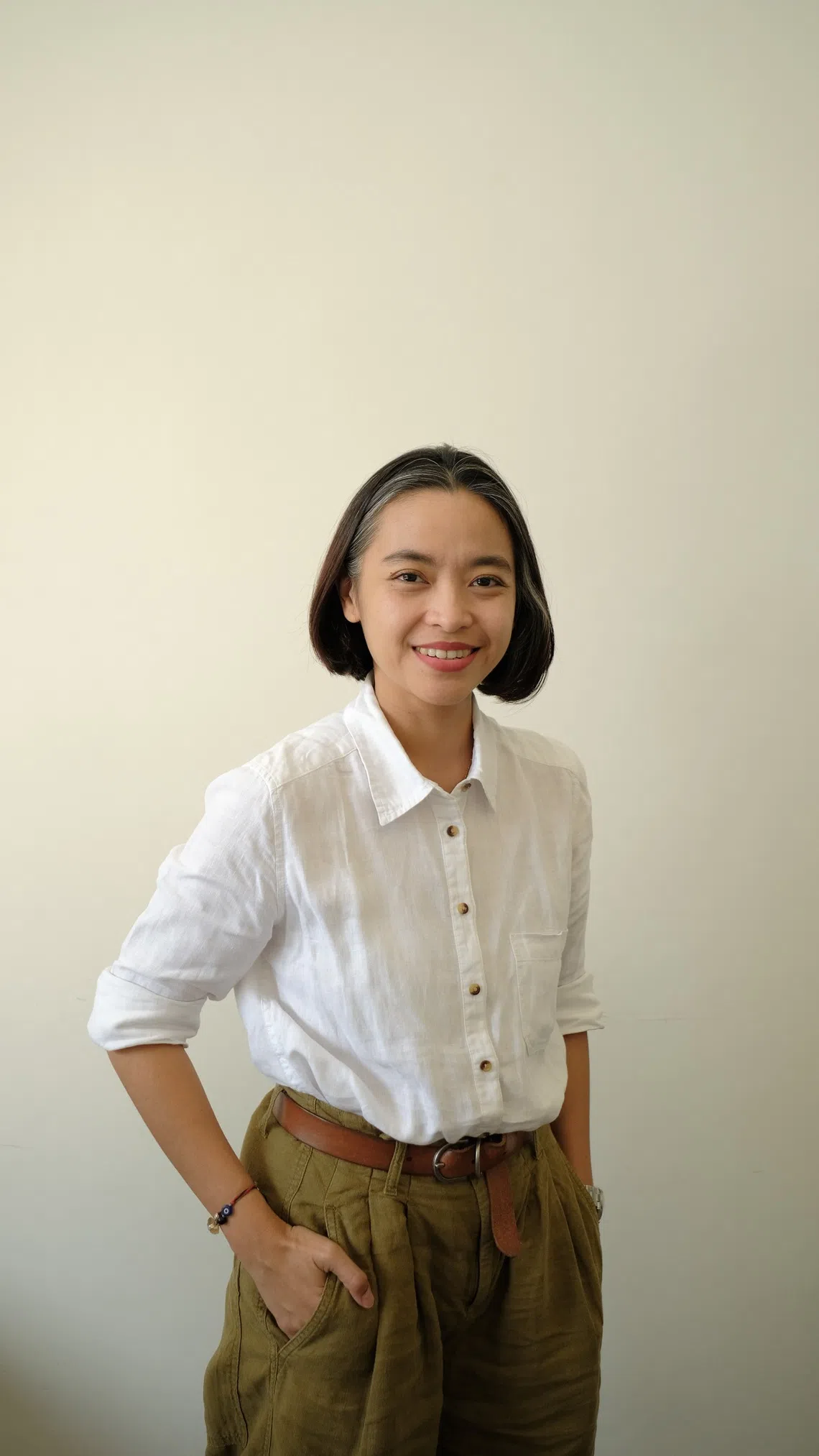
Founded in 2020, Pable merges traditional weaving craftsmanship with modern recycling technology to turn textile waste into new value.
Indonesia is facing a rapidly growing textile waste challenge, with such waste projected to rise from 2.3 million tonnes in 2019 to over 3.9 million tonnes by 2030.
Pable transforms this problem into opportunity through circular innovation: recycling over 420 tonnes of textile waste and 140,000 discarded garments into renewable materials by 2024.
This has saved an estimated 383 million litres of water and 8,400 square metres of landfill space, while creating new green jobs and driving a more sustainable textile ecosystem.
Through mechanical recycling, we produce Pabtex, Indonesia’s first 100 per cent recycled textile certified under the international RCS 100 standard.
This sustainable fabric, produced by weaving communities, is a high-quality alternative to conventional textiles.
Our post-consumer waste processing service Pabmove includes a uniform disposal programme, which prevents used uniforms from ending up in landfills by turning them into renewable materials for new products.
We are also integrating digital waste tracking to measure impact. Our work links clothing brands, recyclers, and artisans into a transparent circular ecosystem that scales sustainability across Indonesia.
Pable is upgrading its Micro Recycling Factory in Surabaya and pursuing Global Recycled Standard Certification to enhance quality and traceability.
We are collaborating with global apparel brands to accelerate commercial adoption and aim to recycle 17,000 tonnes of textile waste by 2040.
Through the creation of an Integrated Textile Recycling District, Pable will connect sorting, recycling, and weaving facilities to expand into apparel-grade materials – driving both environmental and economic impact at scale.
Powering up water treatment techniques
Hydroleap cuts out the chemicals, using electricity to remove pollutants
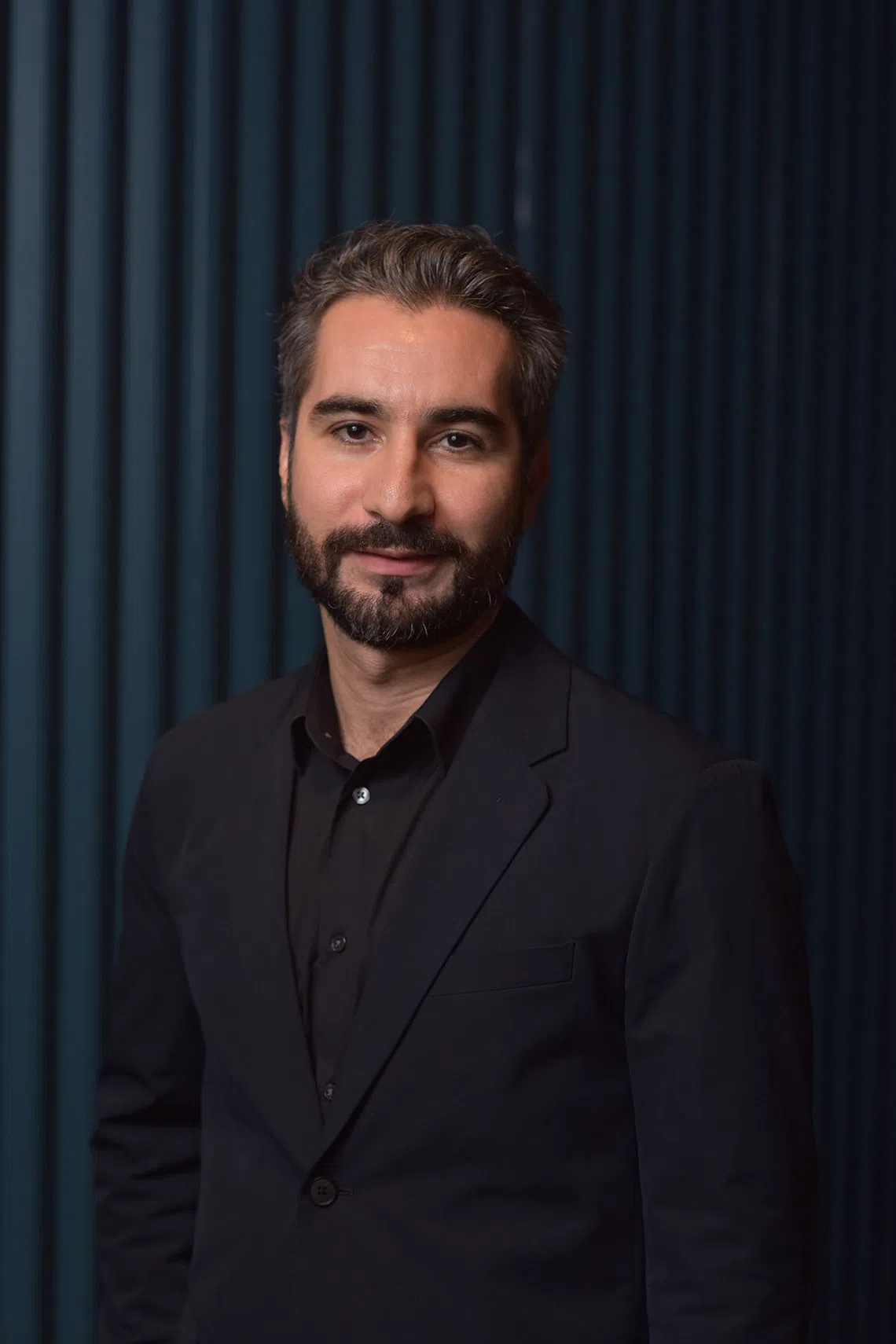
Hydroleap empowers businesses to achieve their environmental, social and governance goals, and in doing so help to protect one of the world’s most valuable resources: water.
We do this through our advanced electrochemical systems for treating industrial wastewater, making this process more cost-effective and sustainable.
We replace traditional, chemical-heavy methods with cleaner, automated and energy-efficient solutions: using electricity to remove pollutants.
Our systems use less energy and create cleaner water that can be safely reused or discharged, supporting the shift towards a circular economy.
Modular and scalable, our systems can be integrated into existing or new facilities, from data centres to manufacturing plants for semiconductors, palm oil, pharma and more. We help these facilities reduce chemical use and operational costs, as well as lower their carbon footprint.
We research deeply into how our electrochemical technologies can be integrated or made interoperable with existing treatment methods. This means businesses can gently transition to greener alternatives without a sudden, explosive change.
We are integrating digital tools such as Internet of Things monitoring and artificial intelligence (AI) to make our systems more intelligent, automated and resilient. This allows our clients to monitor performance in real time, improve efficiency and reduce maintenance costs.
Hydroleap is focused on expanding our footprint across the Asia-Pacific, including North Asia, as well as the Middle East region and beyond. We are preparing for our next fundraising round to support our growth and geographic expansion.
In the long term, our ambition is to become a global thought leader in sustainable water treatment, transforming how industries manage water by making chemical-free, energy-efficient solutions the new standard for environmental sustainability.
This requires redefining how industries think about wastewater, which can be a valuable resource if recovered, reused and managed sustainably.
By scaling our technology, we hope to help more companies operate responsibly and contribute to a cleaner, greener, water-positive future.
Extracting new materials from old scraps
KGS Investments handles e-waste for security and sustainability
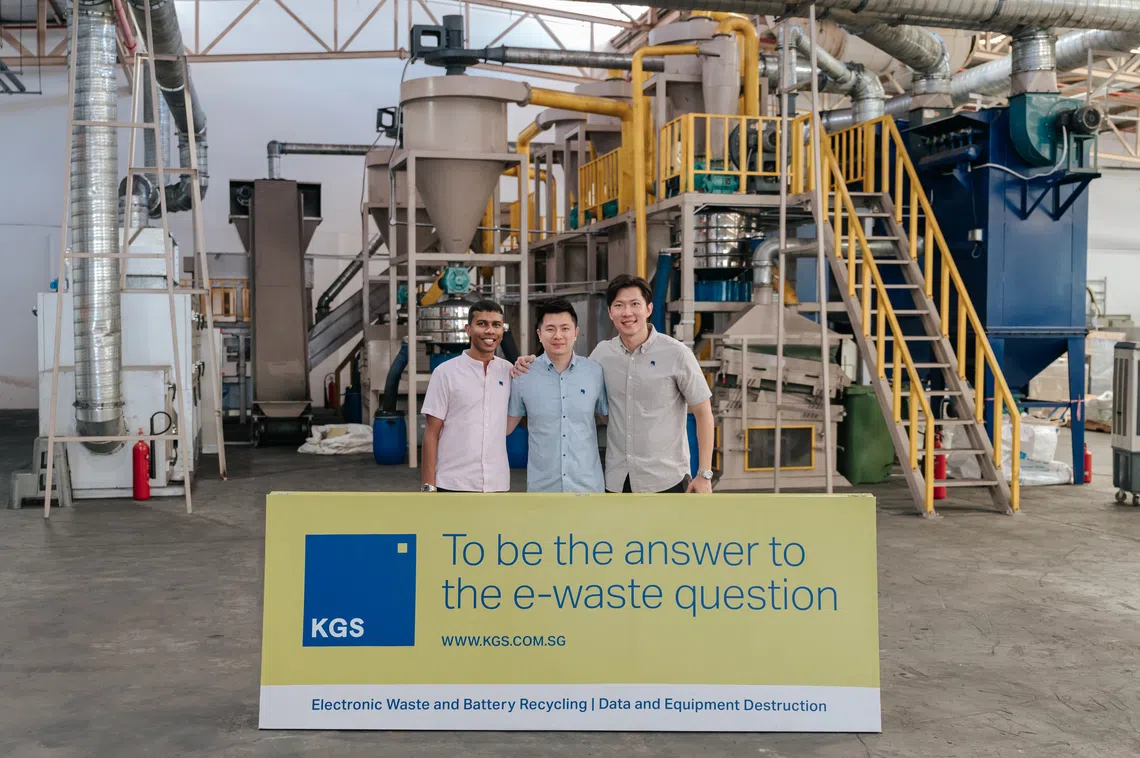
KGS provides a full spectrum of e-waste services, from bulk collection and logistics to certified recycling, material recovery and secure data destruction.
We ensure that end-of-life devices are handled responsibly and securely, and provide data destruction services for sensitive devices before recycling them.
E-waste is one of the fastest-growing waste streams in the world, and if not handled properly, it poses severe risks to both the environment and public health.
By recovering and reusing materials such as copper, aluminium, gold and rare earth elements, we help reduce the demand for new mining and significantly lower the carbon footprint of production.
Beyond recycling, we also qualify devices to be channelled for repair and refurbishment.
KGS worked closely with an equipment manufacturer to build South-east Asia’s first vertical lithium-ion battery recycling plant. This year, we launched a first-in-Singapore automated solar panel recycling line.
We are constantly exploring new sorting and recovery technologies to improve material yield and reduce processing time. We are also integrating digital systems into our operations, to track volumes collected, materials recovered and carbon emissions avoided.
In addition, we are looking at using AI and data analytics to optimise collection routes for better cost efficiency and environmental outcomes.
In the coming years, KGS aims to expand beyond Singapore into key markets across South-east Asia, where e-waste volumes are growing rapidly but infrastructure remains limited. We are also exploring partnerships with manufacturers and government agencies to support extended producer responsibility schemes and large-scale recycling initiatives.
Our long-term vision is to become a regional leader in circular e-waste solutions, building an ecosystem where every discarded device is either repurposed, recycled or responsibly processed.
Ultimately, we want to transform how societies think about electronics: not as disposable products, but as valuable resources that can power the next generation of technology without harming the planet.
Separating plastic for a purpose
Tommac’s AI system achieves higher accuracy and efficiency
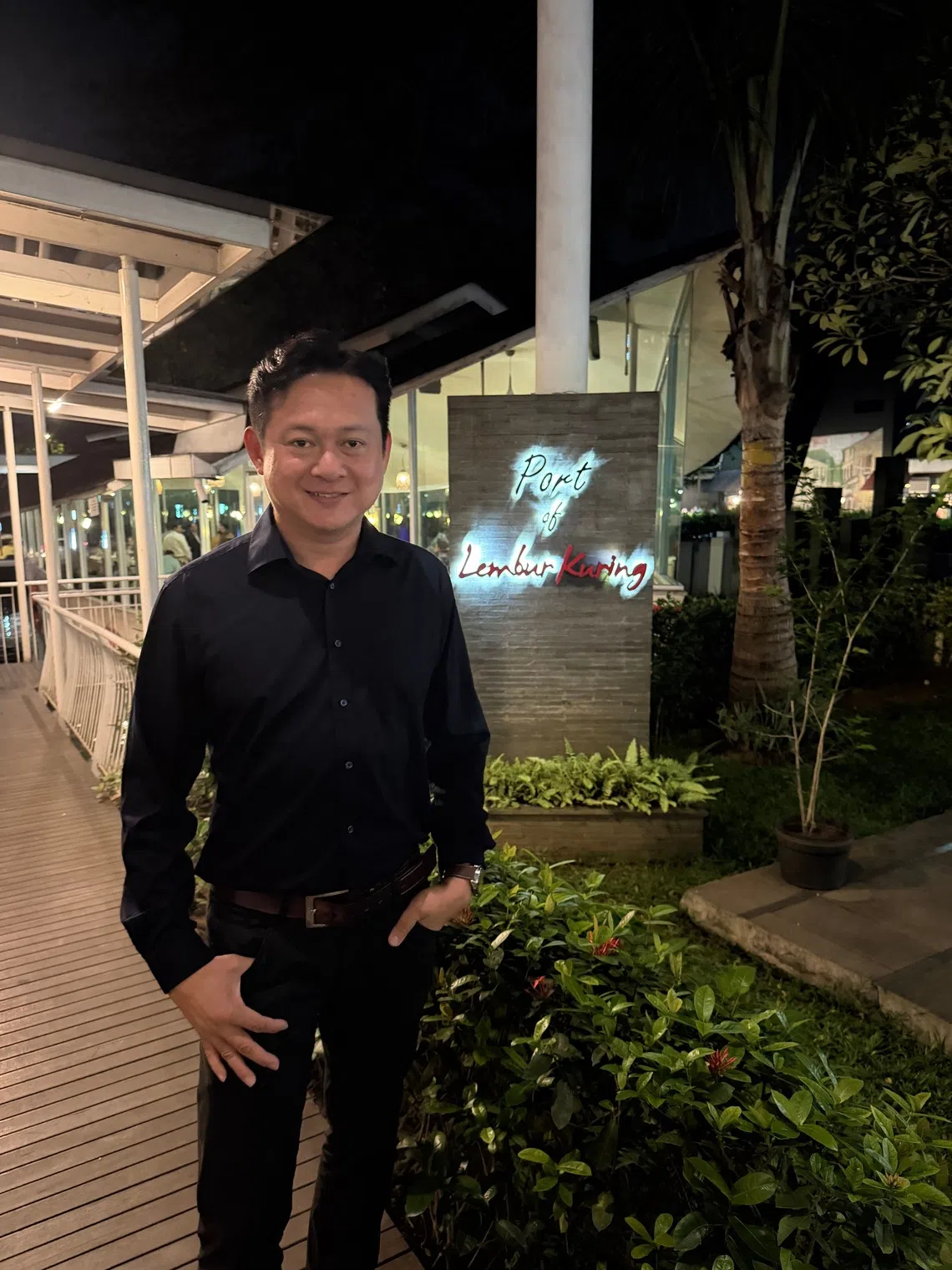
Tommac is a plastic recycling company specialising in the collection and sorting of household plastic waste across Malaysia with our software-as-a-service solution.
Our AI sorting system uses computer vision technology to accurately identify and separate different types of plastic types, grades and colours, as well as remove contaminants. This achieves higher accuracy and efficiency than traditional, manual sorting.
We are making a significant impact, diverting 24,000 tonnes of plastic waste from Malaysian landfills and oceans quarterly – plastic that would otherwise harm our ecosystems and take hundreds of years to decompose.
Beyond our collection service, we create a culture of environmental responsibility by educating Malaysian households about proper waste separation.
In the near term, we’re focused on expanding our collection network in Malaysia; increasing our processing capacity; partnering major consumer brands; and seeking funding to develop our AI technology and infrastructure.
Tommac’s long-term vision is to become the leading intelligent plastic recycling platform in South-east Asia. We want to expand into neighbouring countries such as Thailand, Indonesia and the Philippines.
Ultimately, we see a future where advanced technology makes plastic recycling so efficient and profitable that it becomes the obvious economic choice – not just the environmental one.
We’re building the infrastructure today that will power a truly circular plastic economy across the region tomorrow.
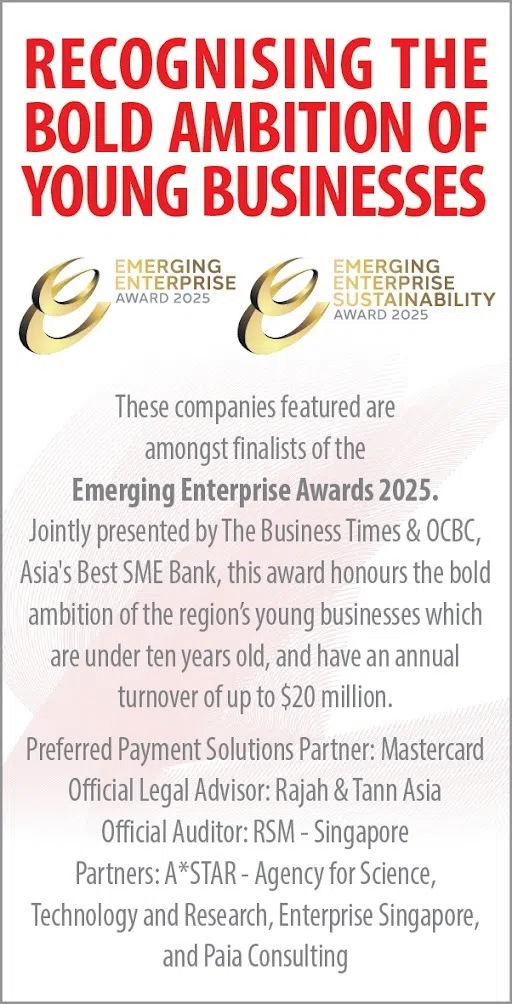
Decoding Asia newsletter: your guide to navigating Asia in a new global order. Sign up here to get Decoding Asia newsletter. Delivered to your inbox. Free.
Copyright SPH Media. All rights reserved.



